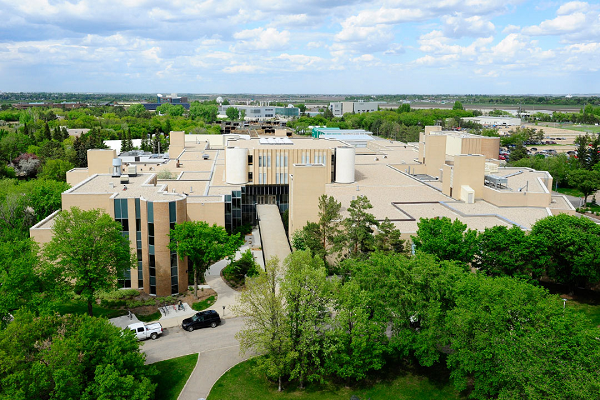
Farmscape for May 3, 2022
| Full Interview 7:21 | Listen  |
The Western College of Veterinary Medicine and the Vaccine and Infectious Disease Organization are working to help pork producers around the world address Lawsonia intracellularis, one of the pork sector’s most common bacterial infections. Researchers with the Western College of Veterinary Medicine and the Vaccine and Infectious Disease Organization are using a variety of techniques to identify antigens that can be used in the development of safe and effective subunit vaccines to prevent Lawsonia intracellularis. Kezia Fourie, a PhD Student with the Western College of Veterinary Medicine, says these bacteria are prevalent around the world so the goal is to create a safe and effective subunit vaccine to help producers clear the infection from their barns and give them some economic relief.
Clip-Kezia Fourie-Western College of Veterinary Medicine:
Lawsonia intracellularis or Lawsonia for short is a bacteria that infects the intestines of pigs. One of the biggest symptoms is slower weight gain. This has both an economic and an animal health impact. In terms of animal health, the animal cannot absorb its nutrients from its food as readily as it should so it gains weight a lot slower than usual and this also has an economic impact. The producer has to spend more money and more time to get that animal to its market weight so it can go to slaughter. A little bit of slower weight gain may not sound as big of an issue but, when you think about how many pigs a producer is going through,that cost adds up over time.
In terms of prevalence, it’s found in barns all around the world and, depending on what country you’re looking at, you’re going to see different prevalences. For some countries it’s as low as 10 percent but for other countries it can be as high as 90, which is what it is in North America.
Fourie says, once candidate antigens have been identified, the next step is to come up with formulations that will induce the best immune response. She says researchers hope to know by mid-summer whether the vaccine is protective which will bring us closer to clinical trials.
For more visit Farmscape.Ca. Bruce Cochrane.
*Farmscape is a presentation of Wonderworks Canada Inc





